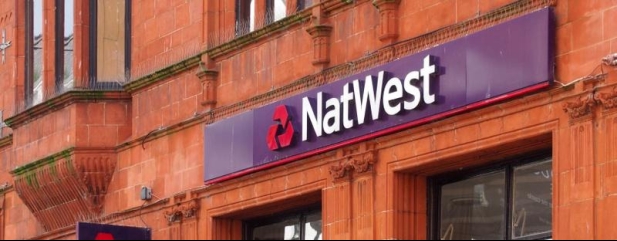Archived article
Please note that tax, investment, pension and ISA rules can change and the information and any views contained in this article may now be inaccurate.
Big banks expected to report largely benign fourth quarter earnings

The publication of full-year results by the big four UK high-street banks is imminent and there will inevitably be a good deal of scrutiny of their margins and provisions for bad loans.
If last week’s update from Virgin Money UK (VMUK) is any guide, net interest margins should be fairly steady although that will depend on how keen the major players have been to expand their loan books.
Virgin itself was fairly conservative, showing a slightly lower balance of mortgage lending as it took what it called a ‘disciplined’ approach and went for quality over quantity.
The ‘challenger lender’ noted that on the whole credit quality was good, and that it had seen an uptick in sentiment among home buyers now it seems interest rates have peaked.
That improvement in consumer sentiment was also picked out by Barratt Developments (BDEV) and Redrow (RDW) in their trading statements, which were slightly overshadowed by the news of the all-share takeover by Barratt of Redrow.
According to the latest Bank of England credit conditions survey, there was a small uptick in mortgage and consumer loan defaults last quarter, and expectations are for these to continue into the current quarter along with rising defaults by small businesses, but in each case we are still talking about historically low levels and provisions are ample.
Also, while lower rates this year may mean less income on loans, UK swap rates have fallen in advance of interest rates so the banks’ cost of funding is lower.
If there is one fly in the ointment it is the review by the FCA (Financial Conduct Authority) of discretionary commission deals in car finance.
According to Jefferies bank analyst Joseph Dickerson, in a worst-case scenario, claims could reach £13 billion with Lloyds (LLOY) alone potentially on the hook for up to £1.8 billion.
NatWest (NWG) is the first to report earnings on 16 February, followed by Barclays (BARC) on 20 February then HSBC (HSBA) and Lloyds on 21 February.
In terms of conviction, Dickerson rates HSBC as his number one pick based on its proven return on tangible equity and dividend yield.
Among the UK domestic players, Barclays is his preferred choice due to its high level of pre-provision profitability, gearing to lower interest rates, capital return – which is around 40% of its market cap when adding together dividends and buybacks – and what he calls the ‘asymmetric payoff potential’ given the shares trade on just 0.4 times tangible book value. Notably Barclays has just agreed a £600 million deal with Tesco (TSCO) to acquire the latter’s retail banking business.
Important information:
These articles are provided by Shares magazine which is published by AJ Bell Media, a part of AJ Bell. Shares is not written by AJ Bell.
Shares is provided for your general information and use and is not a personal recommendation to invest. It is not intended to be relied upon by you in making or not making any investment decisions. The investments referred to in these articles will not be suitable for all investors. If in doubt please seek appropriate independent financial advice.
Investors acting on the information in these articles do so at their own risk and AJ Bell Media and its staff do not accept liability for losses suffered by investors as a result of their investment decisions.
Issue contents
Daniel Coatsworth
Funds
Great Ideas
News
- Big banks expected to report largely benign fourth quarter earnings
- Shares in specialty chemical maker Victrex hit fresh multi-year lows
- Global data services specialist Experian continues to deliver positive news
- Consolidation in commercial property market shows no signs of slowing
- S&P 500 surpasses 5,000 milestone and chip design firm ARM almost doubles in a week
 magazine
magazine








